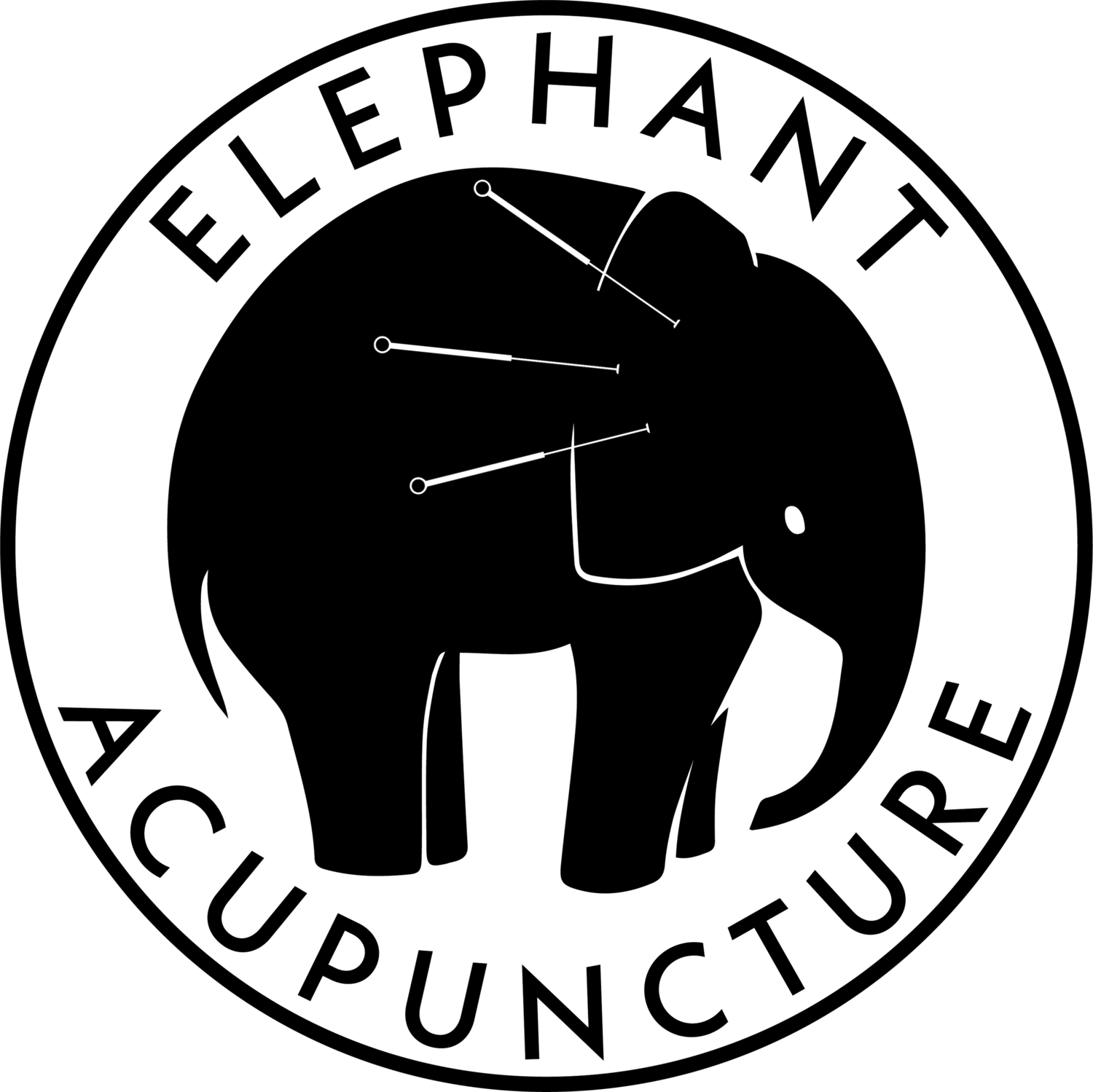If you suffer with allergies or get sick easily, Traditional Chinese Medicine has a lot to offer you. According to TCM, Wei Qi is your initial defense against invading pathogens much like your immune system in western physiology. In fact, the strength of your immune system depends on the strength of your Wei Qi. When your Wei Qi is strong, your body can respond effectively to pathogens. When Wei Qi is deficient, you are more vulnerable to illnesses like colds, allergies, asthma, and skin problems.
Located on the outer shin just below the knee, the acupuncture point called Zusanli (ST36) has been used for a few thousand years to tonify Wei QI and boost resistance to illness. Modern research at Hubei University of Chinese Medicine shows that acupuncture at ST36 benefits the immune system, enhances serum interferon-γ levels, and stimulates the production of helper T cells and cytokines.
Herbs like ling zhi (reishi mushroom), dong chong xia cao (cordyseps), and huang qi (astragalus) are impressive immune boosters, and Yu Ping Feng San (our go to formula for supporting the immune system) has a very real superpower - it has a bi-directional immune-modulatory effect so it can stimulate immune activity when needed but can also suppress the expression of pro-inflammatory cytokines in conditions of chronic inflammation.
Self-care practices to support your Wei Qi:
Diet: Eat a healthy, seasonal diet of whole foods, and avoid late-night eating, cold raw foods, processed foods, and fried foods.
Sleep: Get 7–9 hours of sound sleep per night. Establish a morning and evening routine to regulate your internal clock.
Stress: Manage stress, improve resilience, and process your emotions with qigong, t’ai chi, yoga, meditation, mindfulness, journaling, or practicing gratitude and forgiveness.
Exercise: Get regular aerobic exercise to reduce airway inflammation and improve lung function.
Breathe: Practice breathing exercises, such as breathing meditation or pranayama - your Wei Qi is made from the food you eat and the air you breathe.
Acupuncture: Acupuncture and acupressure can help strengthen Wei Qi. Hold pressure, burn moxa, or get acupuncture at ST36, LI10, LU7, K3, and SP6.
Herbs: Use adaptogenic herbs like Huang Qi (Astragulas) and Dang Shen (Codonopsis), and mushrooms like Reishi, Turkey Tail, and Chaga.

